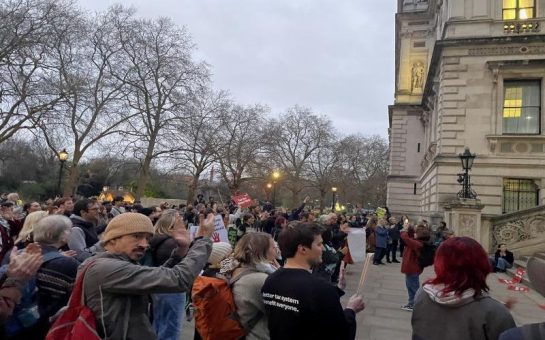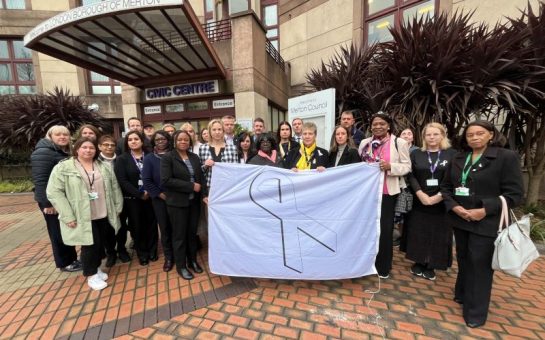Legal aid cuts are enabling domestic abuse, and increasing child poverty, harming families, and endangering judges according to providers and campaigners.
They state mediation providers are rationing support for low-income families, while cuts for legal advice are extending court cases, harming vulnerable people, and empowering abusers.
In the last decade, funding for mediation has fallen by two-thirds while in the last 15 years, funding for civil legal help has dropped by 90%.
Charlotte Image-Flower, Partner at Dawson Cornwell LLP, explained the key issue for legal cases was the 2012 The Legal Aid, Sentencing and Punishment of Offenders Act (LASPO), which cut funding for private law cases where one individual brings a suit against another.
She said: “Really, people don’t realise they need legal aid until they need it.
“They don’t earn enough to afford a lawyer, but they also can’t get legal aid.”
For family lawyers, these cases were usually a separated parent trying to gain access to their children.
The law change made fewer people eligible for legal aid, so now many who cannot afford a lawyer have no state support.
The law also cut funding for initial consultations with lawyers which, Image-Flower claimed, has led to many people pursuing unwinnable legal cases or pursuing cases which could have been avoided through other means like mediation.
Because of eligibility cuts, these people often have to represent themselves.
Image-Flower said: “Essentially it now falls on judges in private law cases to be the lawyers as well as the judge, and then, of course, there’s the knock-on impact to security for judges.
“It’s becoming increasingly common for judges to be threatened, stalked or even attacked.”
Mike Mack, CEO The Family Mediation Trust, explained this phenomenon can lead to a gender power imbalance.
He said: “Very often, you’ll find the single mum at home with the kids, has no income, is on Universal Credit and is debating whether to put the heating on or cook food.
“They’re up against the husband who’s got a job you possibly might have legal representation, and therefore you’ve got an imbalance of power happening.”
Domestic abusers can weaponise this system if they represent themselves, by directly cross-examining their ex-partners which can be traumatic, and by deliberately dragging out the case.
At the same time, Image-Flower warned that some parties could allege or exaggerate domestic abuse to claim legal aid.
She said: “If there are allegations of domestic violence, the person who’s made the allegations gets legal aid, but the alleged perpetrator doesn’t.
“This leads to a whole separate set of problems, because it means that alleged perpetrators are potentially more able to weaponise the proceedings.”
Mack argued that mediation is a solution.
But, he added, funding cuts are making it harder for mediators to support low-income families.
He said: “Mediation is about bringing that balance of power and managing it so both parties can work to the right decisions around the child.
“Legal Aid providers are getting scarcer and scarcer to find.
“I know mediators who are working their socks off extra hours, long hours, just to fill the demand they’re getting for legal aid clients.
“I know mediators who now will ration the amount of Legal Aid clients they take on, I know of providers that limit the amount of mediation sessions.”
This chimes with a Government review which found that mediation providers turned away an average of 26 eligible legal aid cases in the month preceding the survey.
Mack claimed this hurt families and can also lead to parents being estranged from their children.
He said: “The children are coming out with mental health issues and all sorts through the family breakdown, and we’re not there to support them.”
End Child Poverty coordinator Rachel Walters agreed that legal aid cuts are pushing families into poverty.
She said: “It’s just another factor that’s really driving these families into poverty.
“If you’re already not able to afford much and then you separate from your partner, the idea that you would have to do anything other than apply for legal aid is obviously ridiculous, because you just don’t have the money.”





